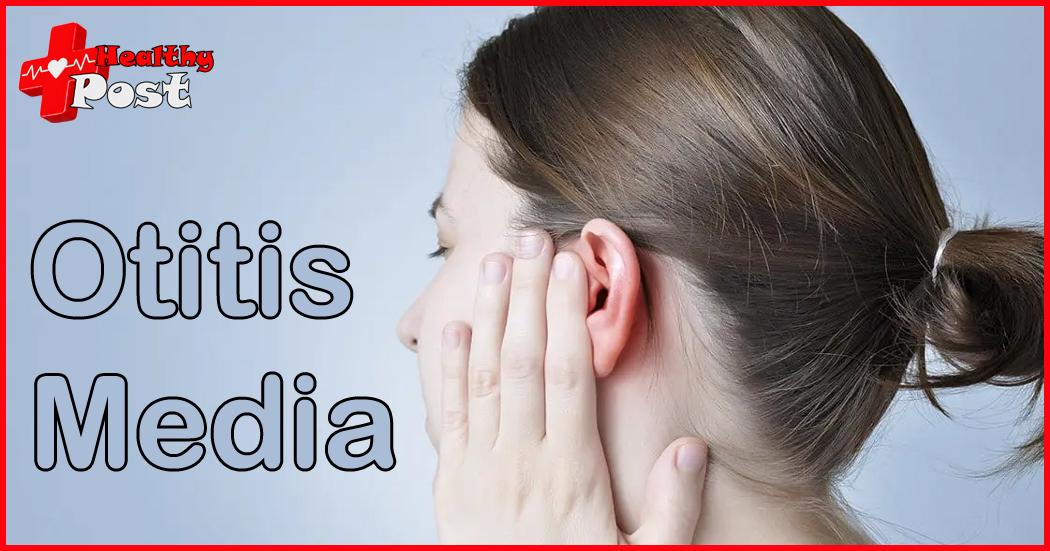
What are the symptoms of otitis media? 3 methods to treat it.
In life, it often happens that some people suddenly cover their ears and it hurts. Sometimes they may think that the ear canal is damaged, but in fact it is more likely to be caused by infection. The most typical case of bacterial and viral infection is otitis media. Otitis media is an inflammatory disease involving all or part of the structure of the middle ear. It often occurs in children and is divided into two categories: purulent and non-purulent.

What are the main symptoms of otitis media?
1. Hearing loss
Hearing loss is the main symptom of problems with the ear canal and local structures. Among patients with otitis media, many people will experience hearing loss when they catch a cold or dive. Some people may find that listening to their own voice has an enhanced feeling. If children are slow to respond to sounds and unable to concentrate, it will seriously affect their life and learning. Patients with chronic otitis media may have symptoms of deafness. The symptoms of deafness may fluctuate. If the tragus is pressed, the hearing may be relieved. However, when the fluid in the ear is thick and sticky, the hearing cannot be significantly relieved.
2. Earache
Earache is deep pain in the ear caused by otitis media. The pain will gradually get worse, mainly throbbing and tingling, and will radiate to the head and teeth. Generally, this pain will worsen during the process of swallowing and coughing, sometimes making it impossible for patients to rest normally and affecting their daily lives.
3. Pus discharge
Ear discharge is the main symptom of otitis media, which is generally divided into mucus and pure purulent conditions. Non-dangerous pus discharge generally has no odor, the pus is relatively thin, and will not cause serious impact on the patient’s body. Although there are not many dangerous types of pus discharge, the texture of the pus is relatively viscous and is purely purulent, accompanied by a peculiar odor.
4. Systemic symptoms
Systemic symptoms cause by otitis media generally vary in severity, with typical chills and fever reactions occurring, which are abnormal body functions cause by severe infection. If the symptoms are more severe in children, abnormalities in digestive tract function may also occur. If the eardrum is perforate during this period, the body temperature will gradually drop and the physical symptoms will be significantly reliev, but timely ear examination is require.
How to treat otitis media?
1. Drug treatment
The most conventional and conservative treatment method is drug treatment, which mainly uses antibacterial and pus drainage to reduce the size of the perforation. However, it is difficult to achieve the effect of healing the perforation with drugs alone. In other words, it is difficult to cure otitis media through drug treatment. , easy to relapse again.
2. Tympanic membrane repair
Tympanic membrane repair is a common surgical treatment method in the treatment of otitis media. It requires the removal of diseased tissue in various parts of the ear to stop local pus flow and achieve the purpose of dry ears. However, there is a risk that the lesions cannot be clear, so there is also a possibility of recurrence.
3. Pus drainage and drainage
In cases where there is a lot of internal pus, a catheter can be implant to drain the pus, which is suitable for patients with severe infections. The ears need to be check regularly and the tubes removed after a period of time to allow the ears to heal on their own.

Otitis media is generally cause by bacterial and viral infections. During treatment, the cause should first be clear to avoid secondary infections during the treatment. Patients should try to avoid water entering the ears in daily life to prevent cross-infection with other bacteria. Once the infection occurs, there will be When symptoms are obvious, you should go to the hospital for treatment in time to avoid missing the opportunity for treatment.


2 thoughts on “What are the symptoms of otitis media? 3 methods to treat it.”